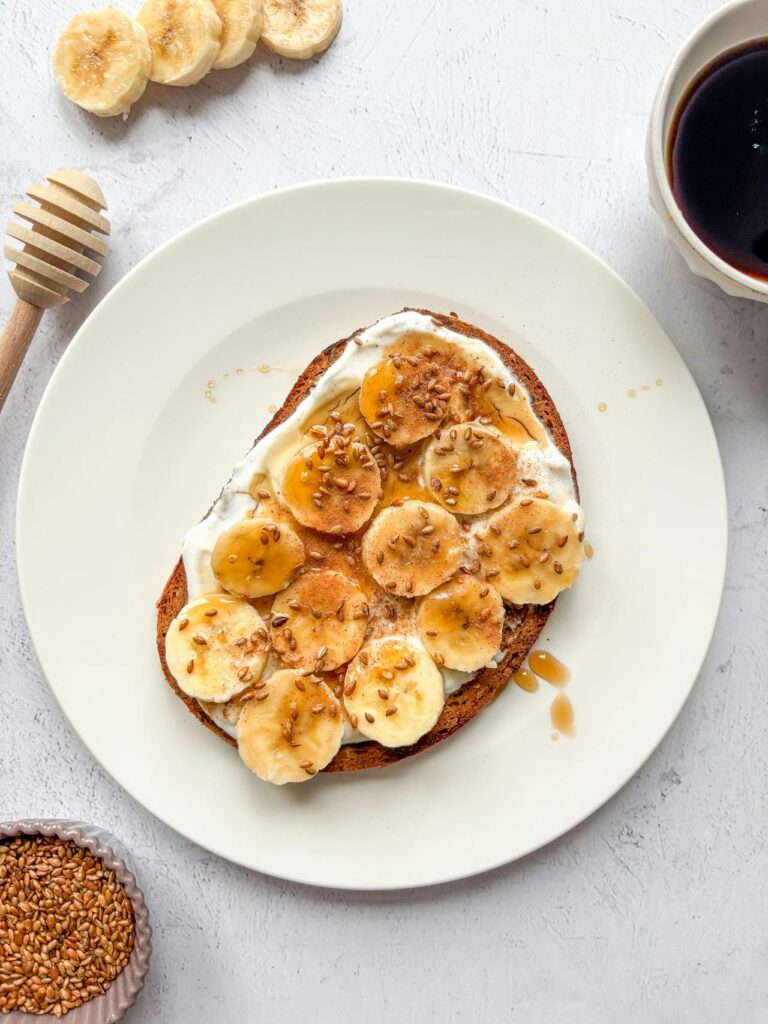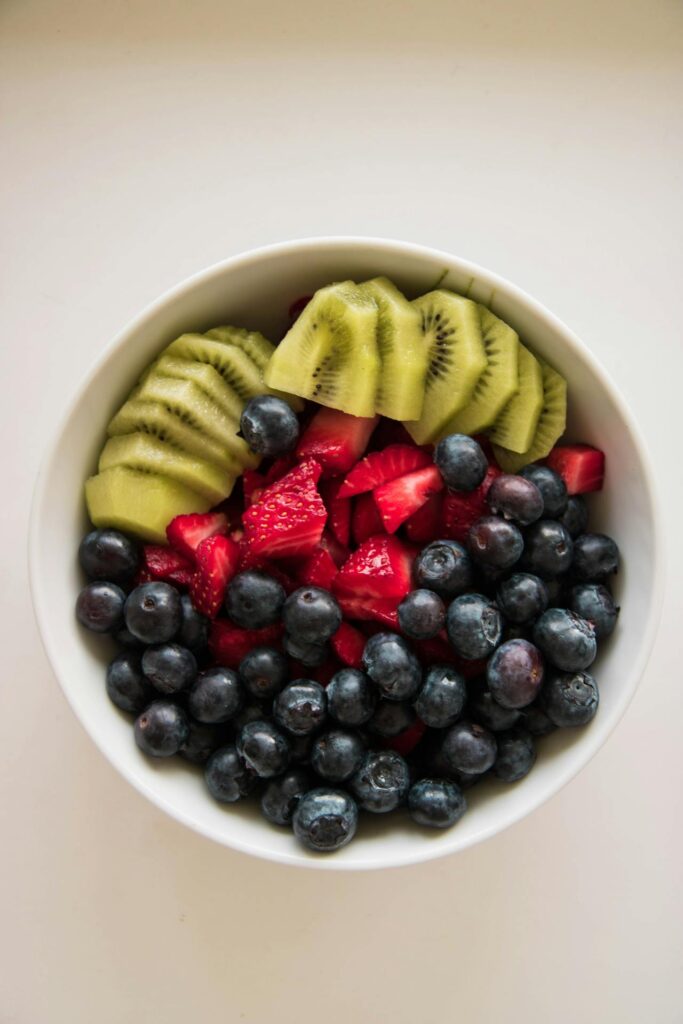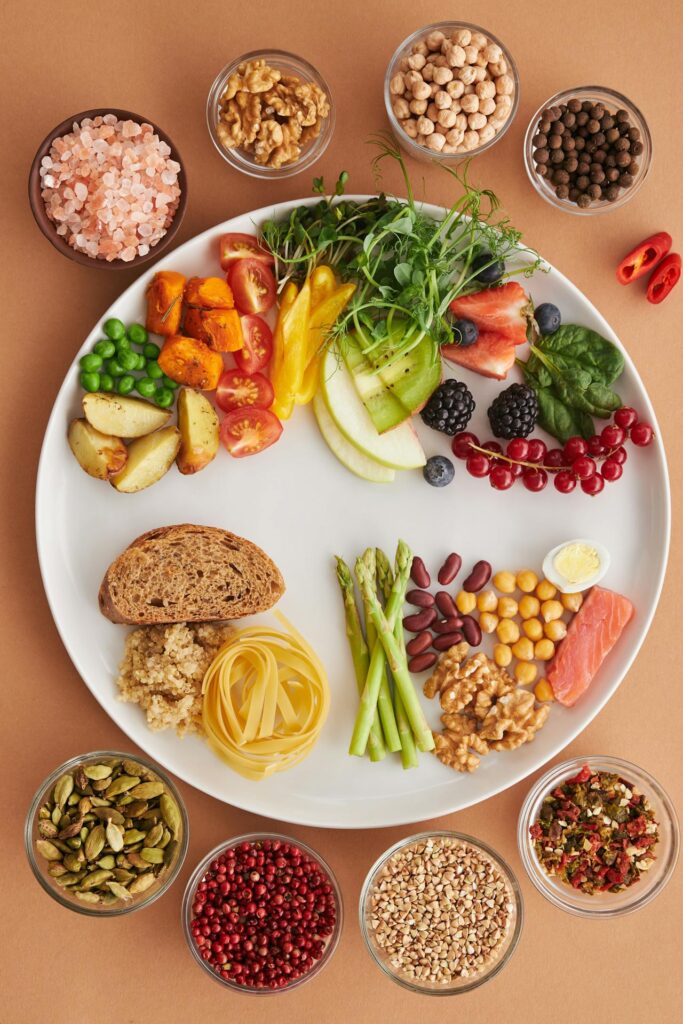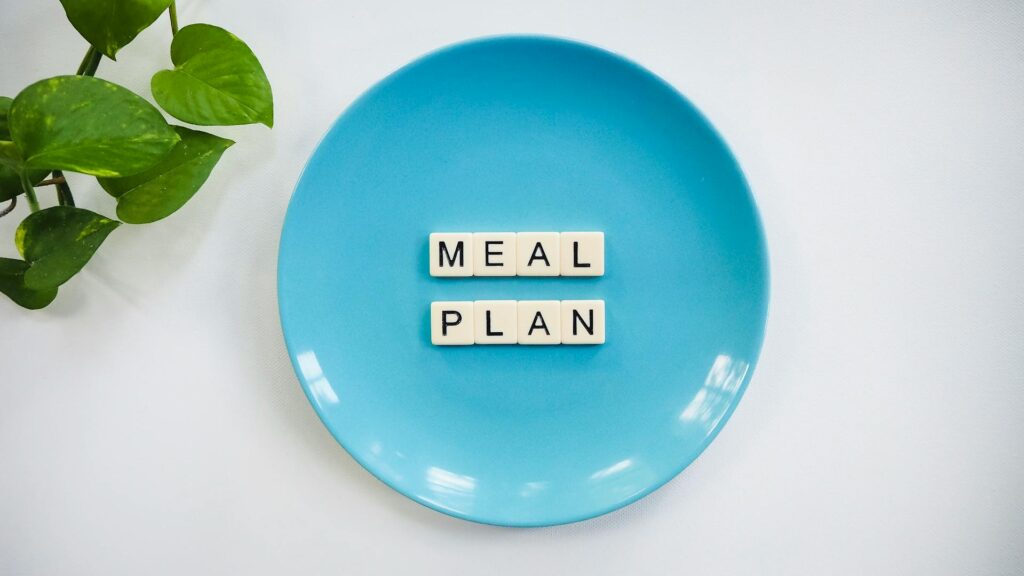As we age, the importance of proper nutrition becomes even more critical. The right balance of nutrients can significantly impact our overall health, energy levels, and quality of life. Seniors often experience changes in appetite, metabolism, and digestion, making it essential to focus on meals that are not only nourishing but also easy to prepare and enjoyable. Good nutrition can help reduce the risk of chronic diseases, improve cognitive function, and maintain mobility, ensuring seniors can lead independent and fulfilling lives. Here are some meal planning and nutrition tips that can help seniors stay healthy, strong, and vibrant.
Easy to Make Meals
Meal prep doesn’t need to be complicated to be nutritious. Simple, easy-to-make meals are perfect for seniors who may have limited time or energy to spend in the kitchen. Here are some ideas for meals that are quick to prepare and nutrient-dense:
Oatmeal with Fresh Berries and Nuts: A warm bowl of oatmeal provides fiber, and topping it with berries gives an added boost of antioxidants and vitamins. Sprinkle in some nuts, like almonds or walnuts, for healthy fats and protein.
Vegetable Stir-Fry with Tofu or Chicken: Stir-fries are a great way to incorporate a variety of vegetables and lean proteins. Use olive oil and your favorite spices for a flavor-packed meal that’s also rich in vitamins.
Egg Salad on Whole Wheat Toast: Eggs are an excellent source of protein and healthy fats. Combine them with avocado or Greek yogurt for a creamy texture and serve it on whole grain toast for fiber.
Soup and Salad Combo: A hearty vegetable soup, whether homemade or store-bought, paired with a side salad, is a satisfying and nutritious meal. Add lean proteins like grilled chicken or beans for extra nutritional value.
These meals can be easily adjusted to meet dietary preferences and restrictions, ensuring that seniors get the nutrients they need without overwhelming their cooking skills.


Balanced Diet
A balanced diet is essential for maintaining health as we age. Certain vitamins and minerals become particularly important for seniors:
Bone Health: Calcium and vitamin D are key to preventing osteoporosis and supporting bone density. Dairy products, fortified plant-based milks, leafy greens (like spinach and kale), and fish like salmon and sardines are great sources.
Heart Health: A diet rich in heart-healthy fats, such as omega-3 fatty acids, can reduce the risk of heart disease. Fatty fish (like salmon and mackerel), nuts, seeds, and avocados are all excellent choices. Limiting saturated fats, found in red meats and processed foods, is also crucial.
Brain Function: Nutrients like omega-3 fatty acids, antioxidants, and B vitamins help maintain cognitive function. Foods like blueberries, leafy greens, eggs, and nuts support brain health and reduce the risk of cognitive decline.
Seniors should aim to include a variety of these nutrients in their daily meals to keep their bones strong, hearts healthy, and minds sharp.
Hydration
Hydration is often overlooked but is just as important as nutrition. As we age, the body’s ability to sense thirst diminishes, making it easier for seniors to become dehydrated without even realizing it. Proper hydration supports digestion, kidney function, skin health, and cognitive function.
Water: Encourage seniors to drink water throughout the day, aiming for about 8 cups (64 ounces), unless otherwise directed by a doctor.
Herbal Teas: Low-caffeine herbal teas can provide hydration and offer soothing benefits. Opt for varieties like chamomile or peppermint, which are gentle on the stomach.
Broth-Based Soups: In addition to being nutritious, these soups help maintain hydration levels.
Fruits and Vegetables: Water-rich foods like cucumbers, oranges, and watermelon also contribute to hydration.
By incorporating hydrating foods and drinks into their meals, seniors can support overall health and prevent dehydration-related issues.


Dietary Modifications
Many seniors have special dietary needs due to health conditions like diabetes, high blood pressure, or food sensitivities. Making adjustments to meal plans can help manage these conditions and maintain a balanced diet:
Diabetic-Friendly Meals: Focus on whole grains (like quinoa and brown rice), non-starchy vegetables (like leafy greens and bell peppers), and lean proteins (chicken, fish, and tofu). Avoid refined sugars and limit high-glycemic foods that can spike blood sugar levels. Opt for healthy snacks like nuts and seeds to keep blood sugar steady.
Low-Sodium Diet: For seniors managing high blood pressure or heart conditions, reducing sodium intake is crucial. Choose fresh or frozen vegetables, use herbs and spices instead of salt, and opt for low-sodium versions of canned goods and broths.
Gluten-Free or Dairy-Free Options: For those with gluten intolerance or lactose sensitivity, there are plenty of alternatives available. Gluten-free grains like rice, quinoa, and oats are excellent choices, while almond milk or coconut yogurt can replace dairy products.
Meal planning for these specific dietary needs requires careful attention to ingredient labels and portion sizes, but it’s possible to create delicious and nutritious meals that support these health goals.
Conclusion
Proper nutrition is the cornerstone of healthy aging. With thoughtful meal planning, seniors can ensure they are getting the vitamins, minerals, and hydration they need to stay strong and healthy. While dietary modifications may be necessary to address specific health concerns, there are plenty of simple and nutritious meals that can be enjoyed at any age. Seniors and their caregivers can also explore resources like nutrition guides, meal delivery services, or online cooking classes to support meal planning efforts.
By prioritizing good nutrition, seniors can maintain their independence, boost their energy levels, and improve their overall quality of life. Remember, healthy eating is not just about eating the right foods—it’s about making mealtime an enjoyable experience that nourishes both the body and the soul.
TotalCare Concierge takes into account your dietary restrictions and meal preferences when assisting you with meal planning and cooking. In addition, we have access to a Red Seal Chef who can create a more customized menu and meal plan including pre-made meals that clients can just warm up when needed. We also have access to meal delivery service. Connect with us for more information.

